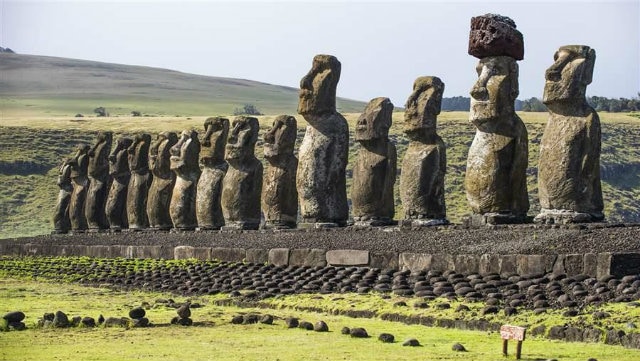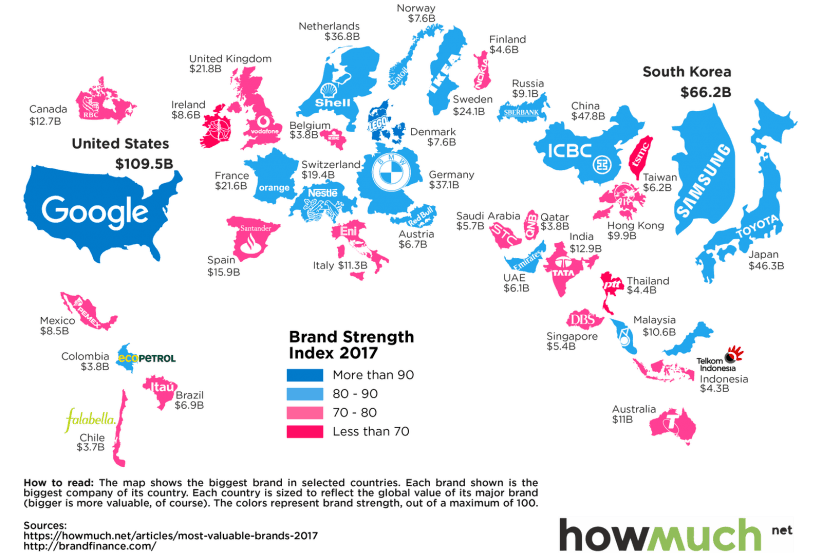
Isabel Cocker/The Santiago Times Staff
SANTIAGO – Pedro Edmunds Paoa, the mayor of Easter Island, has declared that the Rapa Nui people “identify with is happening in Catalonia”, citing a debt that Chile owes to its native people as a reason for a possible bid for independence.
This weekend’s referendum in Catalonia was marked by controversy, starting with objections which the Spanish government had over the supposed illegality of the vote. However, the Catalan government refused to bow to legal and political pressures and continued with the referendum, encouraging all of its citizens to vote.
The violence of the Spanish police against those who went to the voting booths has been looked on with horror by the rest of the world.
Speaking to the Valparaíso Mercurio, Edmunds Paoa suggested that they too may decide to hold a referendum on the independence of Easter Island. “If Chile and its government does not take the petitions seriously which the Rapa Nui people have been making for decades, sitting down as equals and discussing conditions – not impositions as have so far always been made through commissions with representatives of the State,” he added.

His major complaints are drawn from a belief that the Chilean government has never listened to the protests of its native people, preferring to hold them in a paternalistic gaze instead of treating them as equal citizens with equal rights.
“The State of Chile, through its various governments, including this government which is currently concluding its mandate, has never come to us to talk seriously, sincerely, effectively, where the antecedents which form our desire for true autonomy are present. They will not talk.”
The mayor highlighted the many treaties and reports which have been promised to the Rapa Nui people. The most recent of these was a report given to ex-President Ricardo Lagos at his own asking, so that he may know more about the situation of the Rapa Nui community and their wishes.
This report consisted of four main points: “the first says that the Rapa Nui, represented by their Kind and his Council of Chiefs, cedes to Chile, without reserve and forever, full and absolute sovereignty of the island; secondly, that Chile would respect the authority of the chiefs which represent them at this time; thirdly, that Chile would respect private property – which is to say, the entire island; and fourthly, that Chile, as an ally, would promise to protect, to look after, the island, its people, and to work with it in its progress and education.”
However, Edmunds Paoa maintains that, apart from the first point, none of these have been complied with. “We have been giving Chile sovereignty, and they are not respecting the agreement,” he declared.



